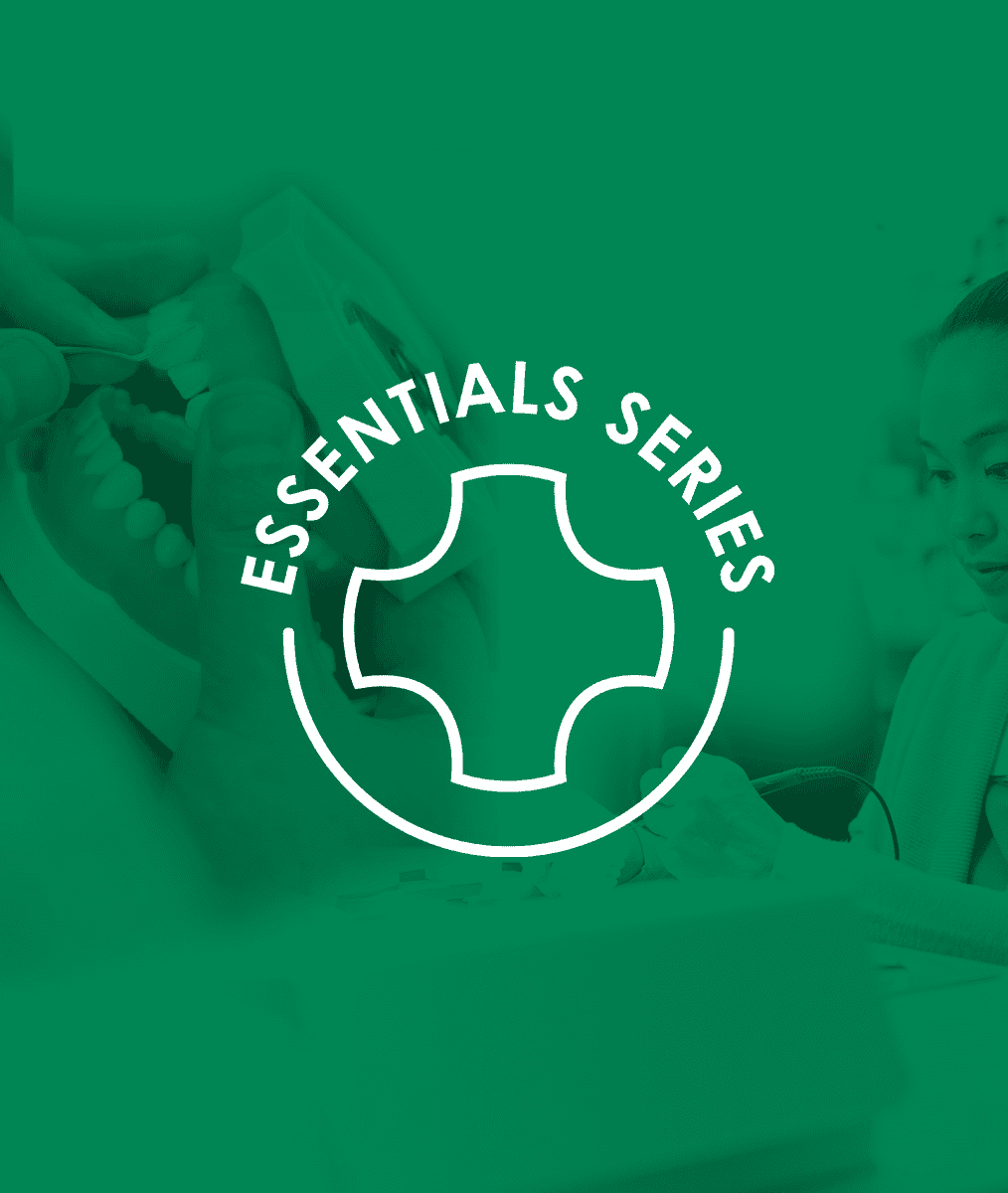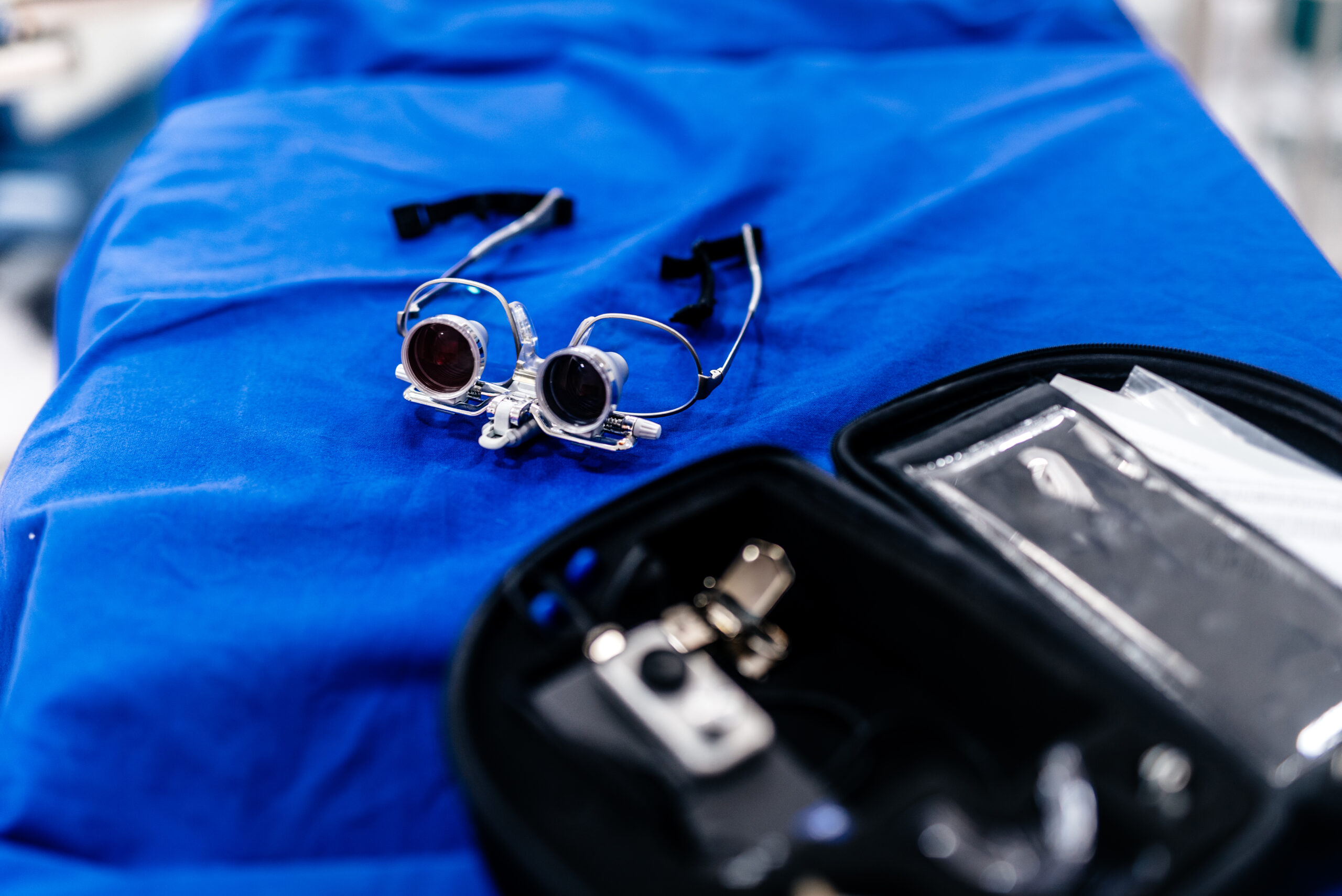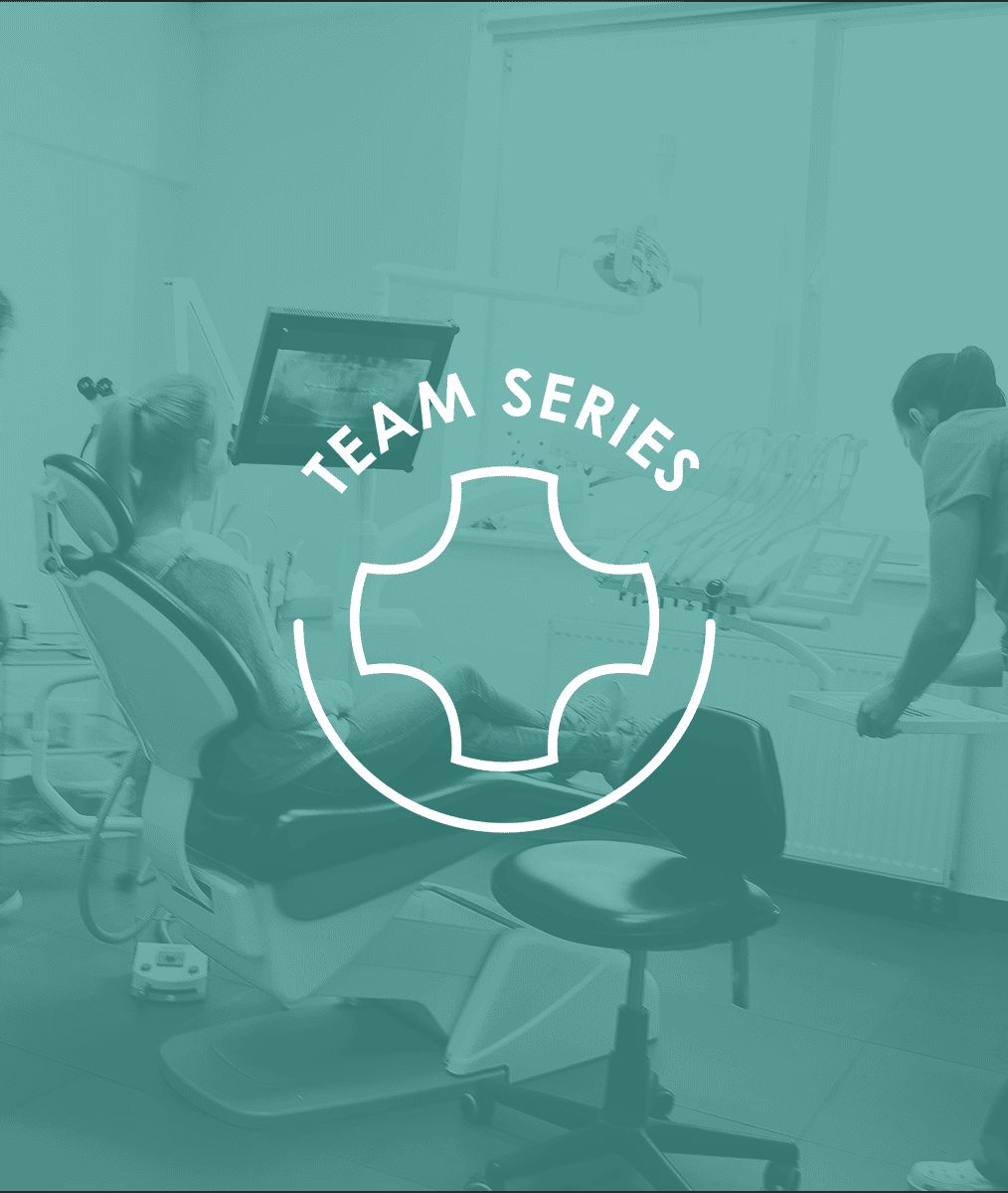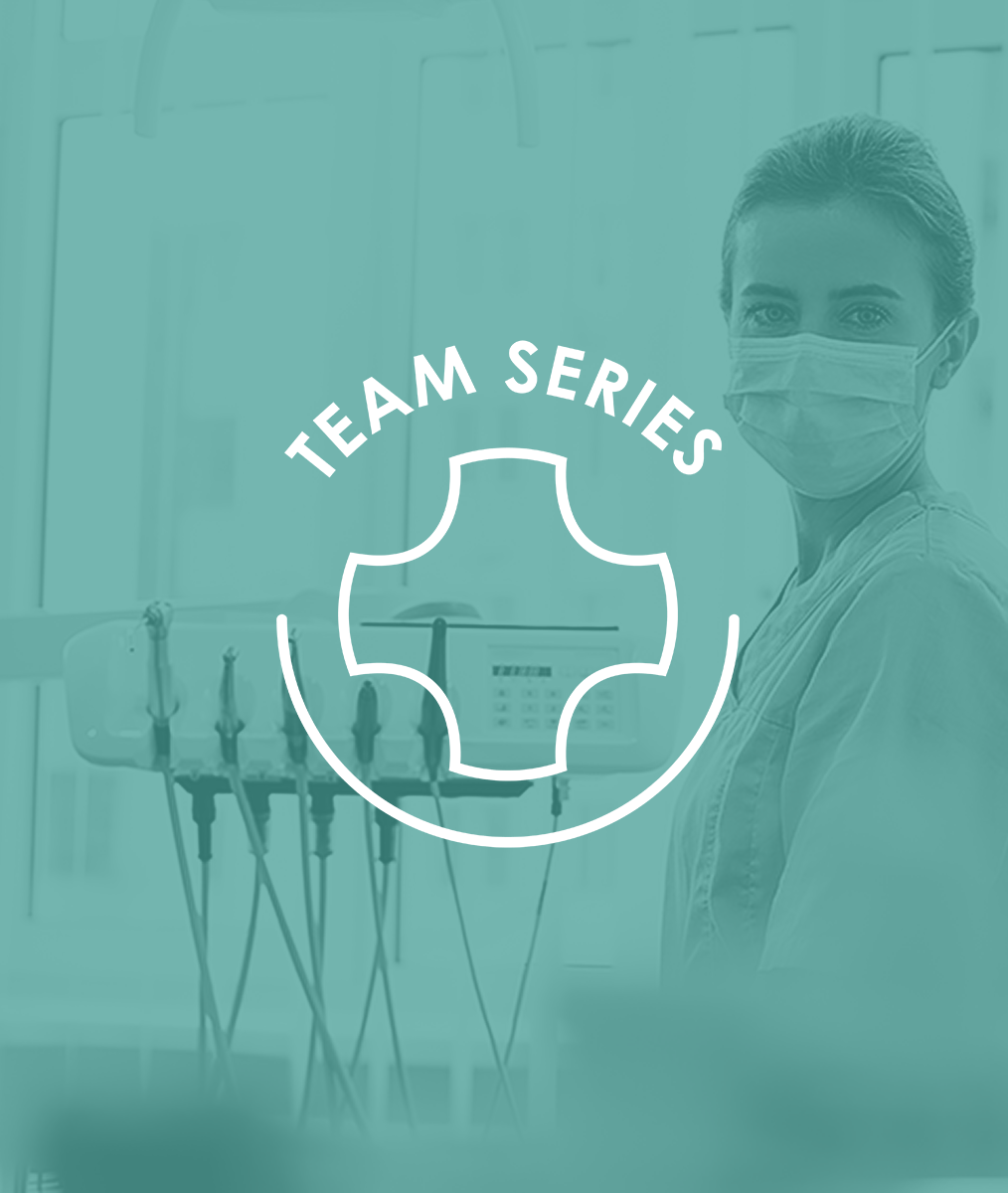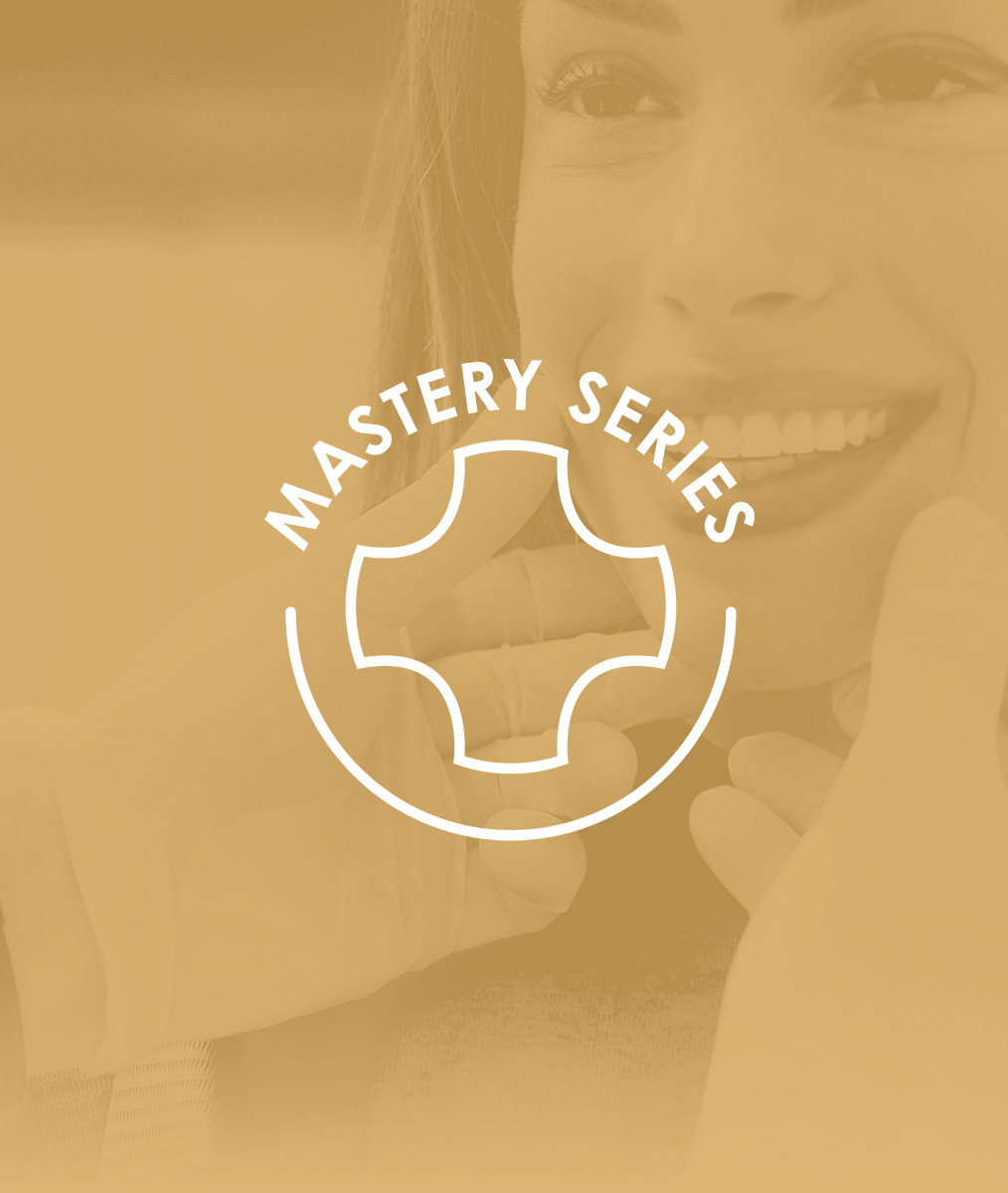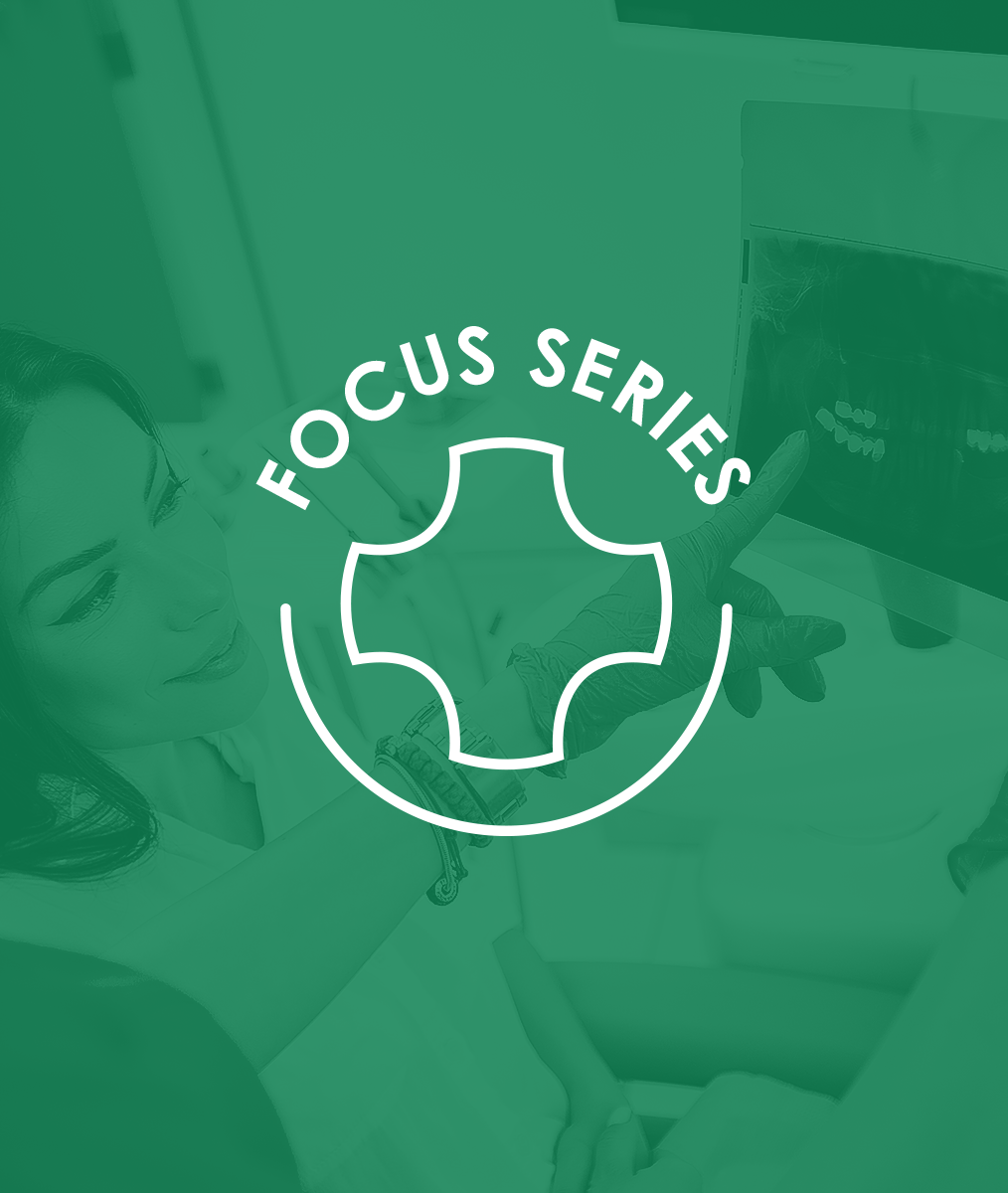Actionable Dental Tips to Thrive in 2018: Part 1
It’s my strong opinion that dental practices are either growing or they are in decline. A case could be made that there is a third option, staying the same, but with ever-rising overhead, staying the same is just another form of decline.
In Part 1 and Part 2 of this series, I’ll share 4 specific tips that will help you thrive in 2018 and beyond.
Thrive in 2018: Marketing and Whitening
Develop a Comprehensive Marketing Plan
New patients are necessary for a growing practice. Oftentimes the difference between a good practice and a thriving practice is the volume of quality new patients.
Spend some time crafting a comprehensive marketing plan that includes internal, external, and digital marketing activities. In my own practice, our most effective internal marketing strategy is the dentist calling all new patients and any patient who receives an injection on the evening of treatment.
An effective external marketing strategy for us is making NFL-quality mouth guards for our local high school football team. Also, one very effective digital marketing strategy has been getting online patient reviews. An appropriate marketing budget for a growing practice is 4-5% of revenue.
Embrace Whitening
Growing your whitening business is a great way to attract patients. Here are 3 simple things you can do to increase the amount of whitening treatments you perform:
- Take a shade match at the beginning of the hygiene appointment. Then show the patient their current tooth shade on a shade guide organized chromatically from dark to light.
- Value-price whitening. Consider value-pricing as a means of making it more affordable and accessible for your patients. The real economic benefit is the restorative and elective treatment that results from increasing your whitening.
- Offer lifetime whitening. Consider offering free gel to your whitening patients, provided they keep their recommended hygiene appointments. This is a win/win strategy that patients love!
To be continued …
Related Course
E3: Restorative Integration of Form & Function
DATE: April 12 2026 @ 8:00 am - April 16 2026 @ 2:30 pmLocation: The Pankey Institute
CE HOURS: 41
Dentist Tuition: $ 7500
Single Occupancy with Ensuite Private Bath (per night): $ 355
Understanding that “form follows function” is critical for knowing how to blend what looks good with what predictably functions well. E3 is the phase of your Essentials journey in which…
Learn More>






